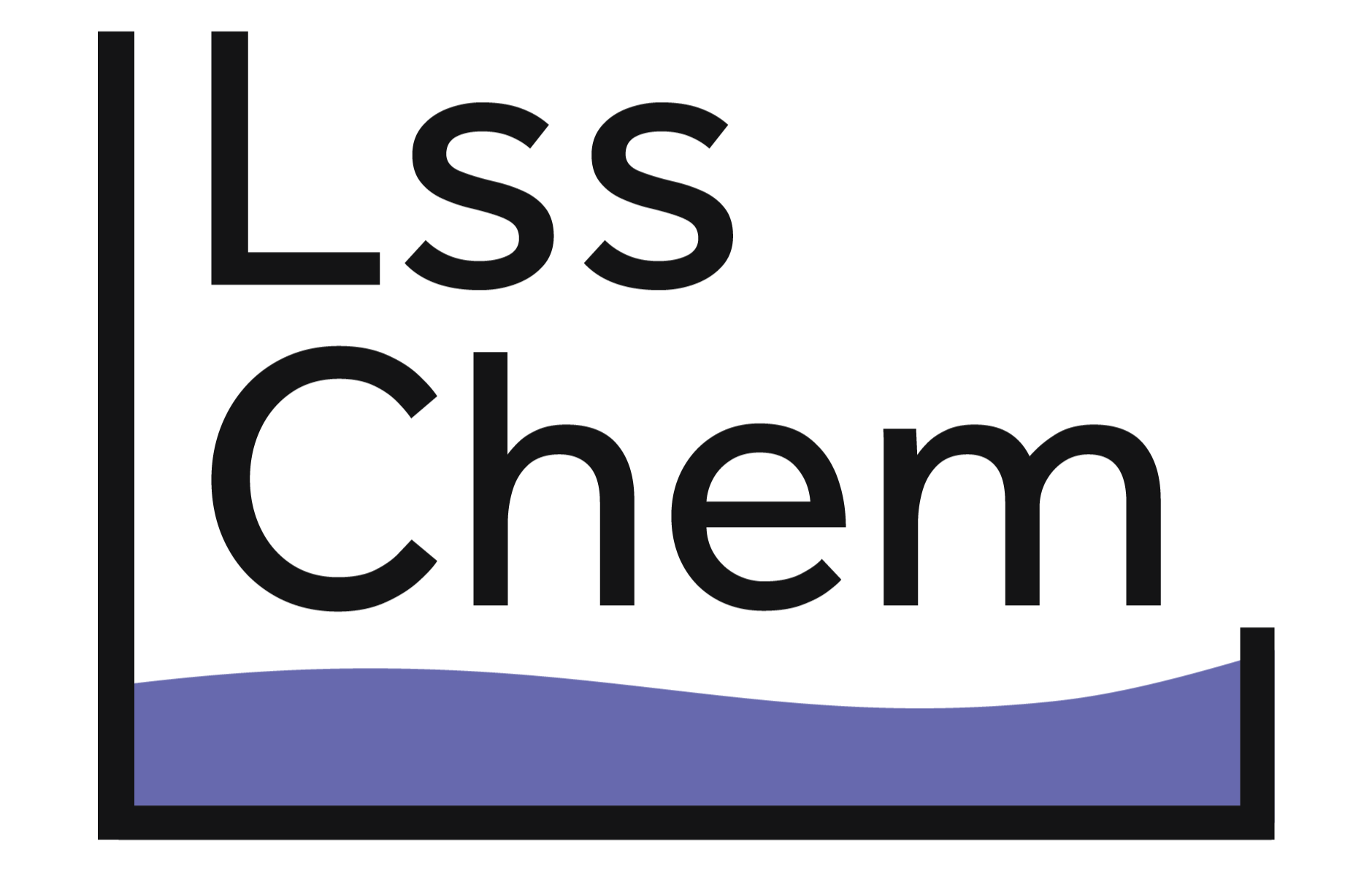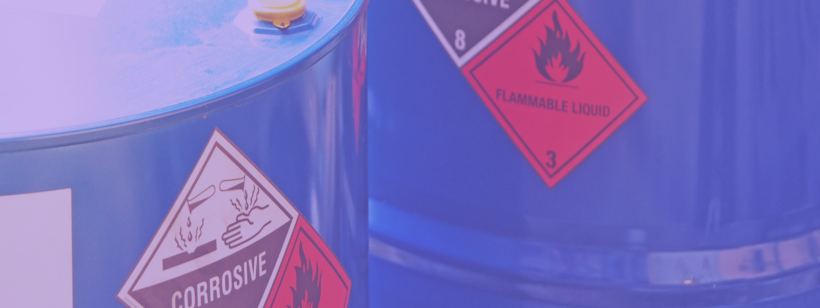Trichloroethylene, also known as TCE, has been a long-standing solvent for various industrial applications. However, this chemical isn’t without its risks.
TCE is a known carcinogen, and is responsible for several negative effects to human and environmental health when short-term or long-term exposure to this chemical occurs. Read on to learn more about why trichloroethylene is a carcinogen.
What Is TCE Used for?
- Degreasing – It is easily one of the most popular solvents for degreasing metal equipment and parts, especially for vapor degreasing. The chemical’s non-flammable properties and high boiling point allow it to effectively dissolve stubborn grease and debris.
- Additive – It is occasionally added to a range of products, including paint thinners, paint removers, and specific types of adhesives.
- Refrigerant Manufacturing – It is also used in the manufacturing of hydrofluorocarbon (HFC) refrigerants.
Just because TCE has been used for decades and continues to be widely used in the U.S., does not mean that the solvent does not come with undesirable effects. The VOC solvent has been scientifically proven to potentially cause multiple negative health effects to those who are consistently exposed:
- Can cause liver and kidney cancer, making it a known carcinogen
- Moderate exposure levels can cause dizziness, headaches, and nausea
- High exposure levels can cause kidney damage, liver damage, neurological damage, coma, or even death
- May also cause reproductive damage
On top of these health effects, the chemical can seep through soil from storage tank leaks and contaminate groundwater, affecting the health of people and animals who use the contaminated water as a drinking source.
What Makes Trichloroethylene Carcinogenic?
The toxic chemical can be absorbed into the human body through multiple routes, but once absorbed, it produces liver metabolites that are toxic and can result in gene mutations, damage to DNA, and direct damage to cells. These toxic liver metabolites can also travel through the bloodstream, affecting other nearby organs.
Interested in Sustainable Replacements for TCE?
LssChemicals has created a sustainable chemical strategy meant to use less chemicals without compromising efficiency. We provide eco-friendly and worker-friendly products for multiple industrial applications, with the goal of minimizing excess chemical usage.
You can browse our products here, or reach out to our staff here to find the best product for all your industrial business needs!


